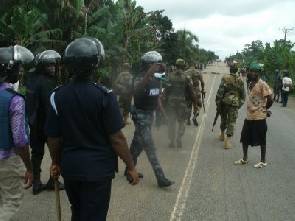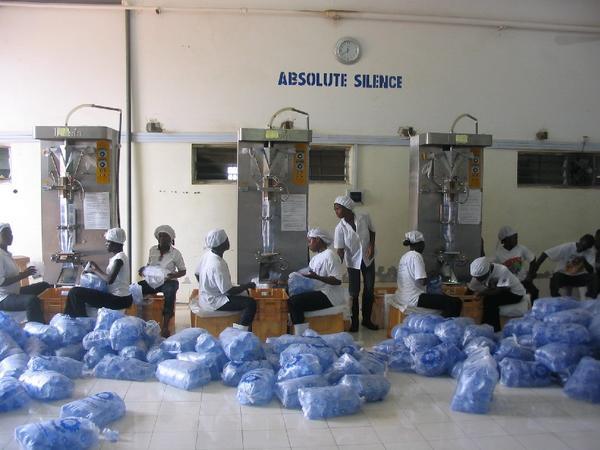 One hundred and 14 fire outbreaks have been recorded in the Ashanti Regional just about two weeks into the year.
One hundred and 14 fire outbreaks have been recorded in the Ashanti Regional just about two weeks into the year.
Fire Service officials say the figure represents over 50 per cent of 219 cases registered for the whole of January, last year.
Statistics up to January 11 show eight of the incidents were the results of vehicles which caught fire in road accidents.
The rest of the break-down puts bush fire at 55, domestic 39, industrial 5, and refuse damp 3.
Regional Fire Commander, Paa Kwesi Adu Twum, says the situation is getting more alarming despite increased public education.
The Education and Safety Unit at Fire Department is tasked to sensitize schools, institutions and local communities, through outreach programmes.
Officials are however concerned about public apathy as many people fail to heed safety measures advanced to them by fire personnel.
Mr. Adu Twum lamented, “We have done a lot of talking and I was expecting that this time round the outbreaks will reduce but, unfortunately, it is on the high side”.
Sounding spiritual, he added “so we are praying and people should be aware”.
The Fire Commander revealed the service is rolling out intensified public education broadcast to reverse the trend.
To address this, we must “intensify dawn and evening broadcast so that people, whilst at home, will receive tit-bits before and after they leave their workplace.
Fire officials observe “people have a lot to do at the workplace; they don’t take the advice seriously”.
Meanwhile, the Central, Asafo and other markets in Kumasi have been major scenes of recent fire outbreaks which destroyed property worth millions of Ghana cedis.
The Kumasi Central Market alone has recorded, at least, two fire outbreaks annually for the past three years.
The latest occurred early January, when over 100 shops were razed down by the inferno.
The Fire Service says it will intensify patrols and surveillance at the various markets.
Assistant Divisional Officer Grade One, Desmond Essoun Ackah, believes the initiative will make the desired impact.
“We intend to increase patrols at the markets; in the past we were doing it, at least, once. We are visible; when they see us it will put some fear in them and therefore what we have told them not to do they won’t”, he said.
According to him, co-operation from stakeholders, (city authorities, market leaders, traditional leaders etc.) will make the fight against fire easier.
“Once the co-operation is there and we are able to forge ahead; we do a lot of education, with the needed support, these outbreaks will definitely come down”, he predicted.





